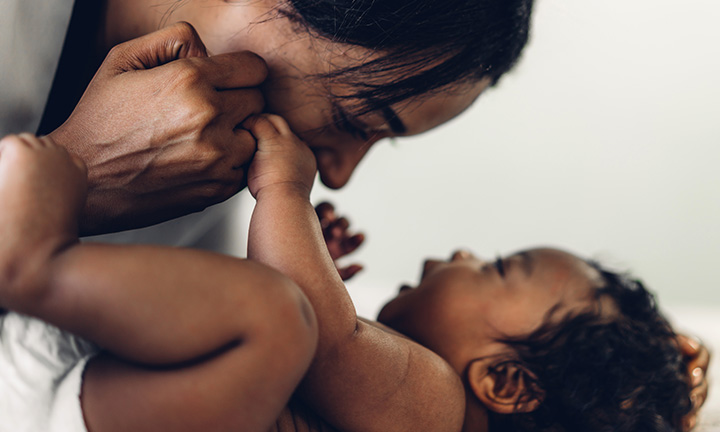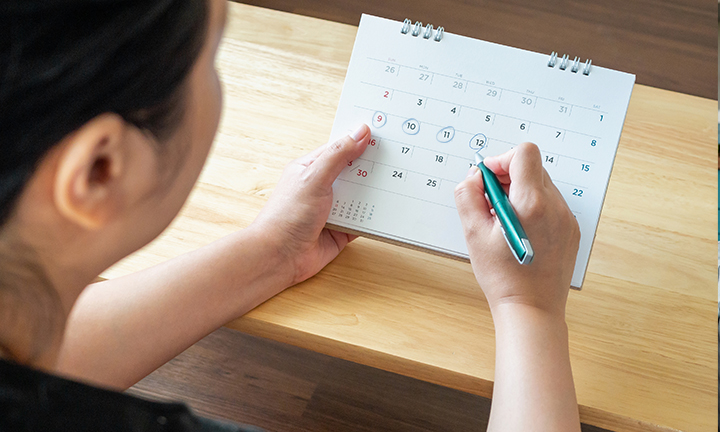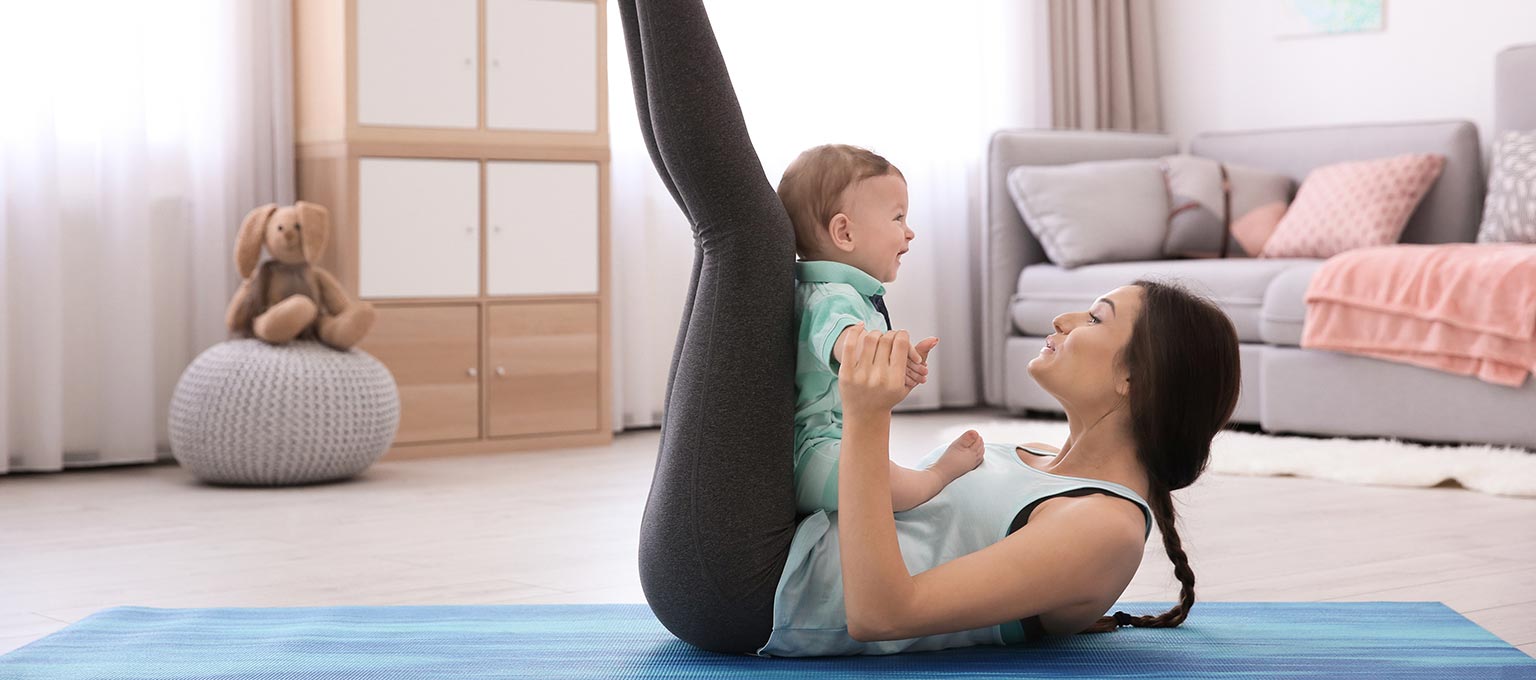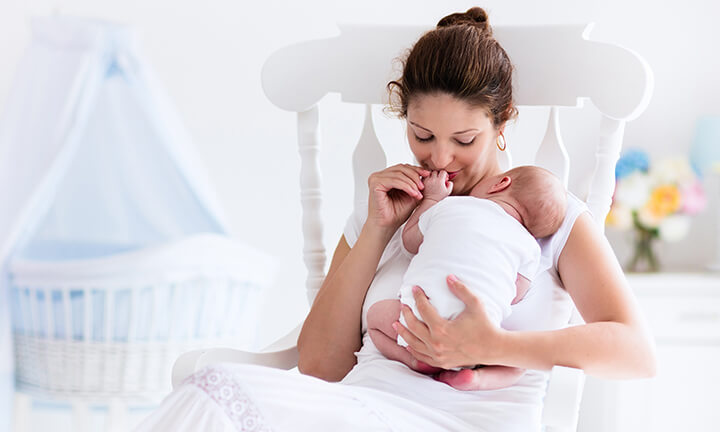
FAQ: Postpartum Hair Loss


Noticing more hair in your brush than usual? You’re not alone.
Postpartum hair loss is completely normal and happens to most new moms. It's estimated that around 50% to 80% of new mothers experience some degree of hair loss after giving birth. It’s usually caused by hormonal changes, especially a drop in estrogen, and often starts around 3 to 6 months after giving birth. While it can feel alarming, hair loss after pregnancy is normal and almost always temporary.
Here’s a quick overview to help you feel more at ease:
So if you're wondering, “Is it normal to lose hair after giving birth?”—yes. It’s unsettling but temporary. You're not going bald, you're recovering. In this article, you’ll find clear answers, emotional reassurance, and practical tips for navigating this phase. Your body is still recovering, and you're not alone in this.
What Is Postpartum Hair Loss?
Many individuals experience hair loss a few months after giving birth, often noticing extra shedding around the hairline or across the scalp. This shedding, known as postpartum hair loss, can feel alarming, but it’s a normal part of the recovery process.
The hormonal shifts that occur during pregnancy and postpartum can temporarily disrupt your hair’s growth cycle. As your hormones gradually return to pre-pregnancy levels, your hair will likely regrow and return to its usual fullness.
Is Postpartum Hair Loss Common?
Yes, postpartum hair loss after pregnancy is a normal experience for many new parents. In fact, shedding hair in the months following childbirth is typical and part of the body’s natural recovery process.
This temporary shedding usually starts a few months after delivery and tends to resolve on its own over time. While it can feel concerning to see more hair falling out than usual, losing hair after pregnancy is a natural phase, and your hair will likely return to its usual fullness.
What Causes Postpartum Hair Loss?
Pregnancy hormones can have a significant impact on your body, including changes to your hair. Many people notice their hair becomes thicker during pregnancy.
So, why does postpartum hair loss happen? After giving birth, placental estrogen levels drop, causing the hair that stayed put during pregnancy to begin shedding. This process, often referred to as postpartum hair loss, normally occurs two to four months after delivery.
However, after you give birth (or sometimes after you stop breastfeeding), you may find that all that hair you didn’t lose during your pregnancy now starts to come loose and shed. This is why you may experience postpartum hair loss in the months after giving birth.
By the way, these same pregnancy hormones may also mean that you find your hair is oilier or drier than usual, or even a slightly different color, both during pregnancy and in the period afterward.
When Does Postpartum Hair Loss Start?
For most people, postpartum hair loss begins around two to four months after giving birth. This is typically the point when hormone levels start to normalize, triggering the hair shedding that was delayed during pregnancy.
How Long Does Postpartum Hair Loss Last?
It can vary from person to person, but postpartum hair loss typically lasts between three to six months. By the time you reach 12 months postpartum, your hair growth should largely return to its pre-pregnancy state.
How to Identify Postpartum Hair Loss?
Postpartum hair loss can present in a few noticeable ways. Many people first observe hair thinning after childbirth. This type of shedding may become more apparent when brushing or washing your hair.
More commonly, you might notice postpartum hair breakage or thinning patches rather than significant loss of hair in one spot.
If you’re concerned about postpartum hair loss bald spots or significant hair thinning post-pregnancy, consult your healthcare provider to rule out other causes and discuss potential treatments
How to Deal with Postpartum Hair Loss?
If the hair loss you’re experiencing is caused by hormonal changes associated with pregnancy and childbirth, the hair loss may simply stop on its own without any intervention at all.
Still, here are some ways on how to help with postpartum hair loss:
How to Prevent Postpartum Hair Loss?
While there is no way to prevent postpartum hair loss completely, the steps mentioned in the previous section, such as being gentle with your hair, maintaining a healthy diet, and avoiding tight hairstyles, can help minimize breakage and support overall hair health.
Knowing that hair loss after pregnancy is normal can also help you feel more prepared if it happens.
Does Postpartum Hair Loss Grow Back?
Yes, postpartum hair loss regrowth is normal, and temporary, and new hair typically begins to grow as soon as the shedding phase ends. While it may take several months, your hair’s growth cycle should return to normal within a year.
In some cases, hair may feel slightly thinner than before; however, for the majority, hair growth after pregnancy restores fullness over time.
When to Visit Your Healthcare Provider
If your postpartum hair loss feels excessive or lasts longer than six months, it may be worth consulting your healthcare provider.
In some cases, conditions such as an underactive thyroid, which can develop during or after pregnancy, may contribute to prolonged or excessive hair loss. Your provider can assess the situation and recommend treatment if needed.
The Bottom Line
Pregnancy and the postpartum period bring plenty of changes—some exciting, others less so. If you’re dealing with postpartum hair loss, know that it’s temporary, and your hair will likely return to its normal state within a few months.
While you focus on recovery and caring for your little one, consider downloading the Pampers Rewards App. It’s a great way to access digital offers on essentials for your baby, helping you save while adjusting to parenthood.
Read more about Baby
Join a World of Support
through Pregnancy and Parenthood.
TRACK WITH TOOLS
LEARN WITH EXPERTS
GET REWARDED












